Books
Our Writers Pick 20 Books About Art and the Art World to Keep You Reading Well Into the New Year
Our favorite biographies, memoirs, essay collections, and more.
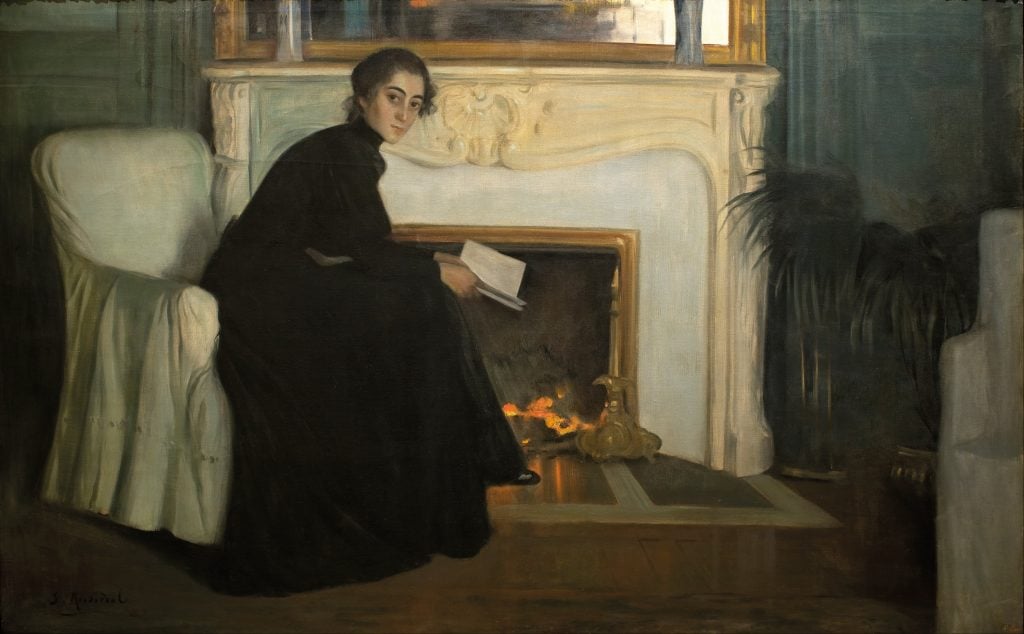
Our favorite biographies, memoirs, essay collections, and more.

Artnet News

One of the best parts of a holiday vacation is finally getting to curl up with a good book (perhaps that one that’s been waiting patiently on your nightstand for months!).
Below, we’ve selected 20 novels, memoirs, biographies and other books all themed around art or the art world. Happy reading!
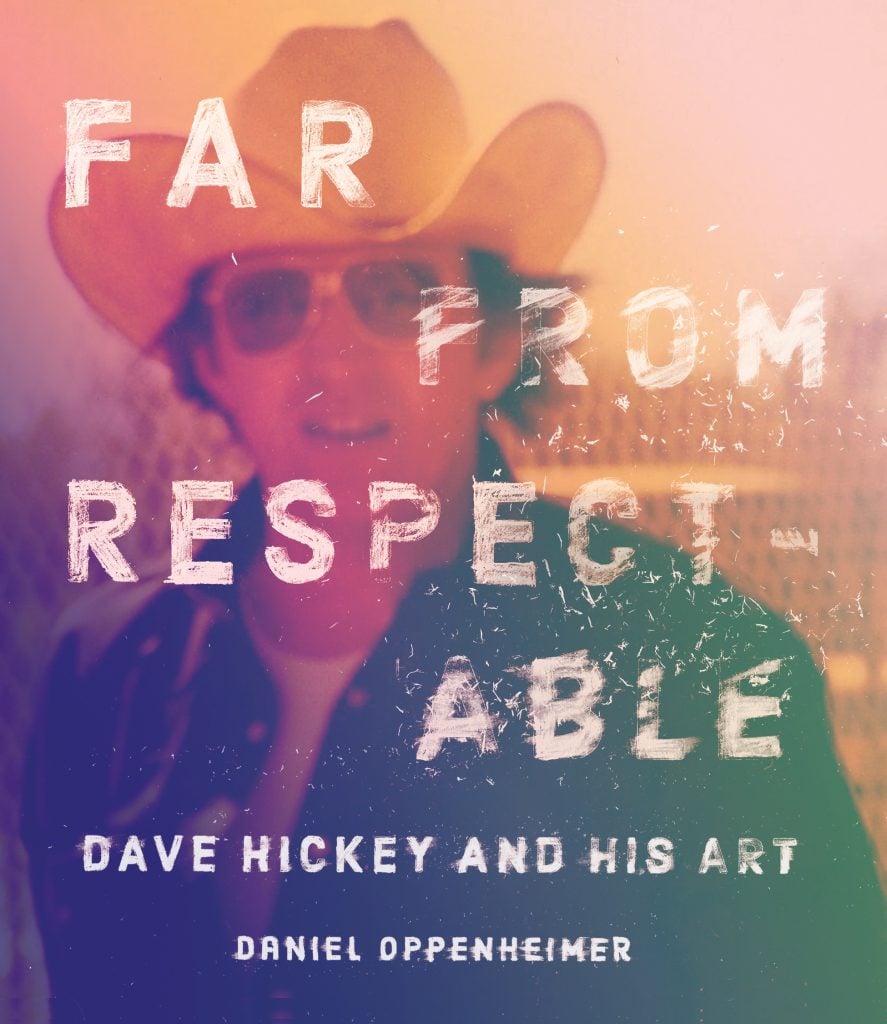
From From Respectable: Dave Hickey and His Art by Daniel Oppenheimer. Courtesy University of Texas Press.
The late art critic and iconoclast Dave Hickey rose to fame with his cult classic book from 1993 The Invisible Dragon. “Bad taste is real taste, of course, and good taste is the residue of someone else’s privilege,” he famously wrote. His writings are a contentious takedown of the art establishment and they encourage us to rethink out relationship to beauty. David Oppenheimer’s new book traces the history of this unique mind and his impact on art and writing.
Find it at: University of Texas Press.
—Kate Brown
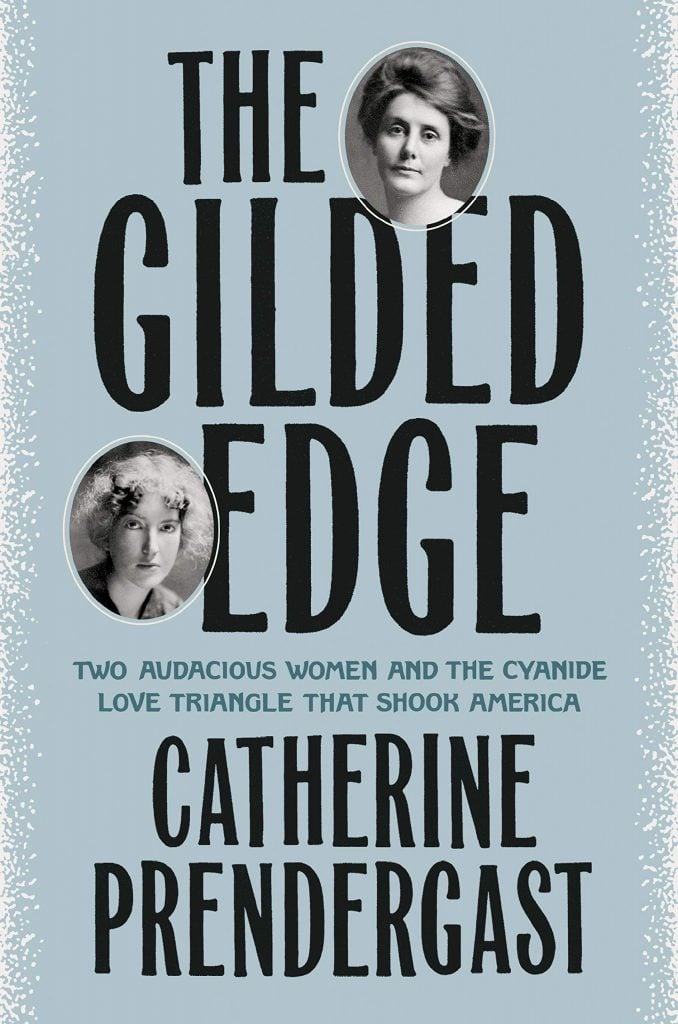
The Gilded Edge: Two Audacious Women and the Cyanide Love Triangle That Shook America by Catherine Prendergast. Courtesy of Penguin Random House.
In this Gilded Age tale of a bohemian fairy tale gone wrong, Catherine Predergast delves into the history of the Carmel-by-the-Sea artist colony on California’s Monterey Peninsula—and how a tumultuous love triangle turned deadly. It stars a talented female poet, Nora May French, who has been unfairly forgotten in U.S. literary history.
Find it at: Penguin Random House
—Sarah Cascone
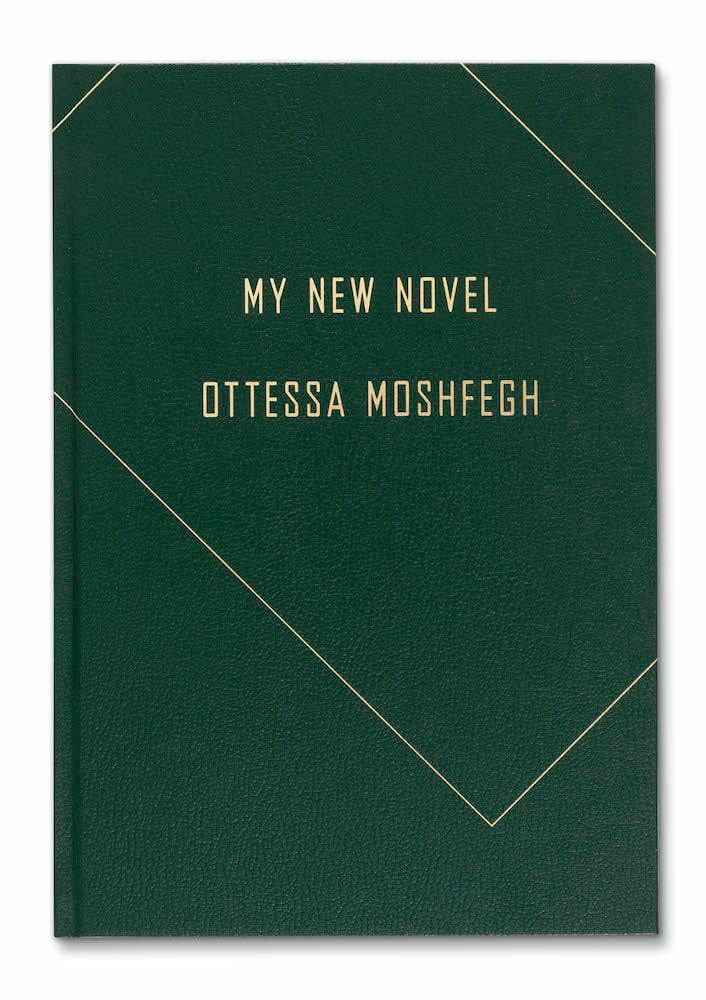
Ottessa Moshfegh, My New Novel and Issy Wood, The down payment (New York: Picture Books | Gagosian, 2021)
Although it never directly targets the art world, Moshfegh’s standalone story nevertheless implicates some of its most exhausting characters by mercilessly satirizing the creative process (or what passes for it, at least) of a man with more resources than talent, vision, or commitment. But the best contemporary-art connection lives outside the pages; as the inaugural entry in Gagosian’s new “Picture Books” series, which pairs celebrated authors with celebrated artists, every copy of My New Novel comes with a limited-edition poster of a painting made by Issy Wood that was made in response to Moshfegh’s story.
Find it at: The Gagosian Shop.
—Tim Schneider
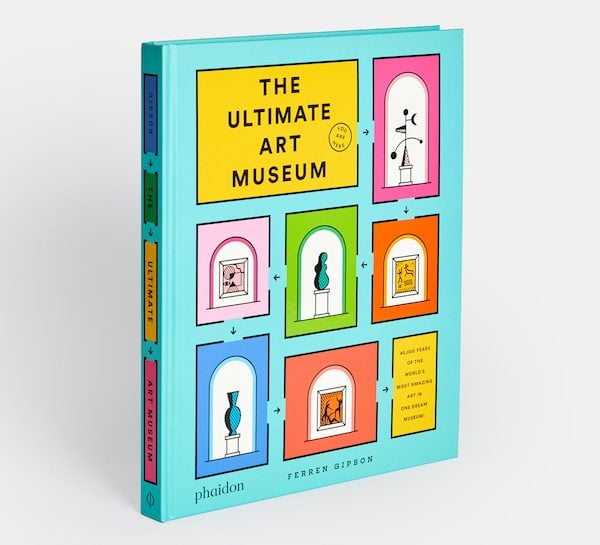
The Ultimate Art Museum by Ferren Gipson (2021). Photo courtesy of Phaidon.
Ferren Gipson’s fascinating book offers a curated collection of global art in the form of an imaginary museum for children ages eight to 14. Gipson is a museum tour guide, walking the reader through 40,000 years of art, ranging from prehistoric caves to contemporary paintings across three wings, 18 galleries, and 129 rooms. There are also interactive elements such as “detective” boxes and fold out-maps.
“I think it’s good for people of any age to share their thoughts and opinions on art, and to feel encouraged that there are no wrong or bad opinions,” Gipson told Artnet News. “There are so many ways to approach an artwork, from how it makes you feel, to the symbolism within the piece, and beyond. I think one of the most important things to do is to make sure people know their opinions are welcome and valid.”
Find it at: Phaidon
—Eileen Kinsella
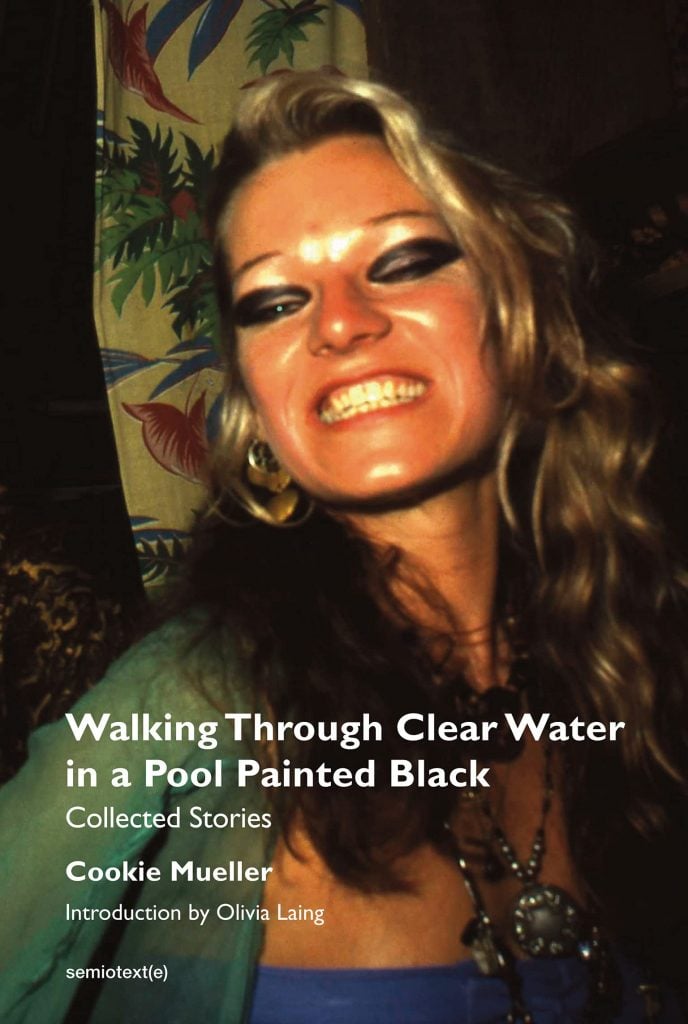
Cookie Mueller, Walking Through Clear Water in a Pool Painted Black, new edition: Collected Stories (1990). (Semiotext(e) / Native Agents).
Cookie Mueller, a member of John Waters’s legion of weirdos known as the “Dreamlanders,” writes prolifically about her life as an outsider, scoundrel, druggie, and glamour hound throughout 40 years of hard-lived life. Mueller’s prose might trick you into thinking you’re reading simple drinking stories, but really she’s presenting ideas about mortality, loss, joie de vivre, and the how the hippie generation permanently changed American culture. The book is one of the most popular books published by Semiotext(e), the art book publisher founded by Sylvère Lotringer, who died earlier this year. Best enjoyed with a hard drink in a dimly lit dive bar.
Find it at: Semiotext(e), Mast Books
—Annie Armstrong
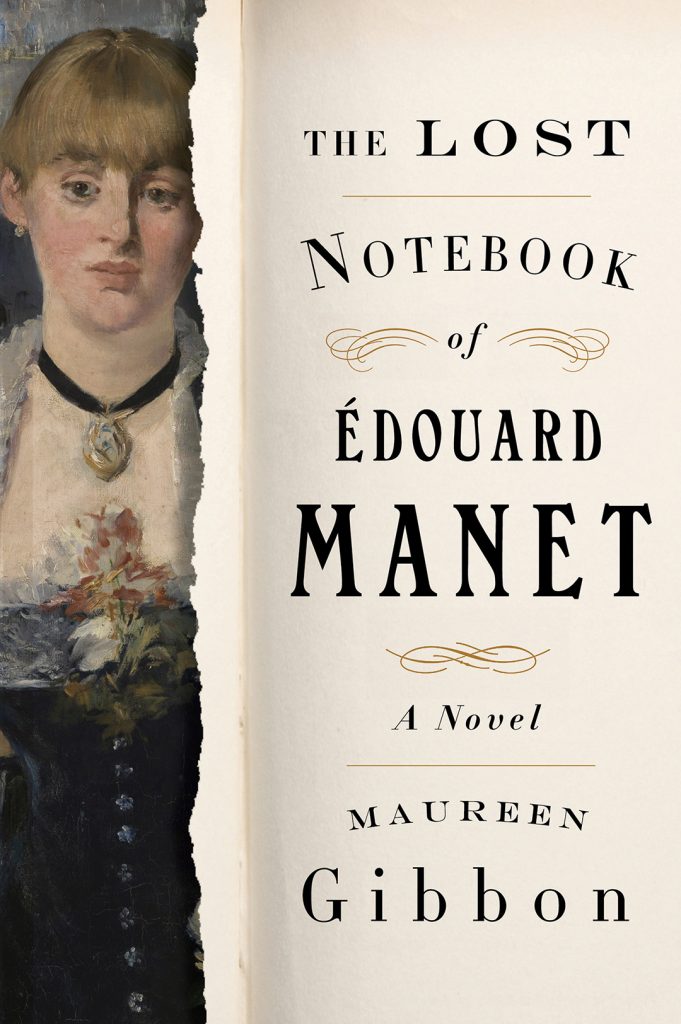
The Lost Notebook of Édouard Manet: A Novel by Maureen Gibbon. Courtesy of Norton.
This work of historical fiction transports the viewer to 19th-century Paris, where Édouard Manet, ravaged by syphilis, manages to paint his final masterpiece, A Bar at the Folies-Bergere. Author Maureen Gibbon explores the artist’s inspirations in his final years, including Manet’s mysterious muse, Suzon.
Find it at: W.W. Norton
—Sarah Cascone
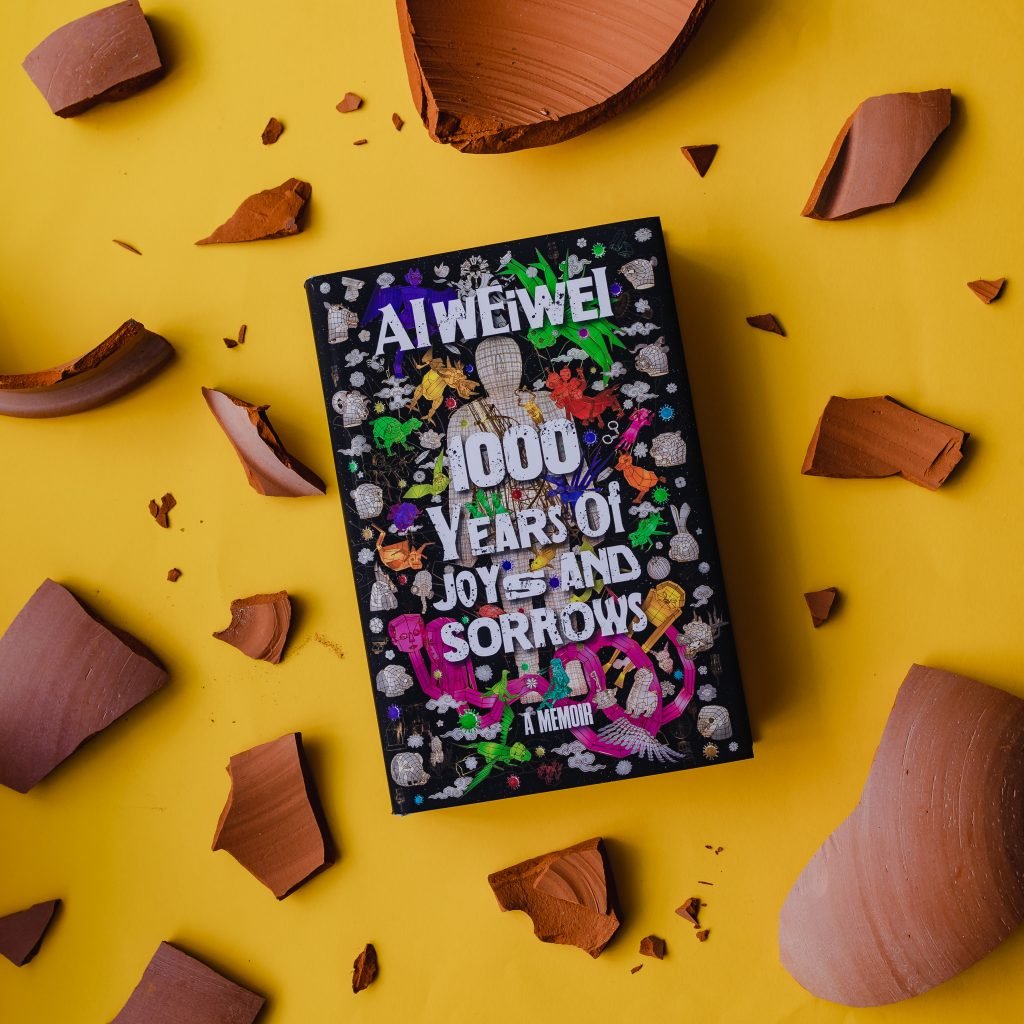
1000 Years of Joys and Sorrows by Ai Weiwei. Photo Courtesy Penguin Random House
This highly anticipated memoir by one of the world’s most famous Chinese artists is more than just a personal tale, but a story that mirrors the evolution of China from over the past century. It’s told through the experiences of three generations of Ai’s family: the artist’s father, Ai Qing, a famous poet, Ai Weiwei himself, and his son Lao. This English version of the book offers Western audiences a glimpse into the life and trauma that was endured by generations in the country.
Find it at: Bookshop.org, Penguin Random House
—Vivienne Chow
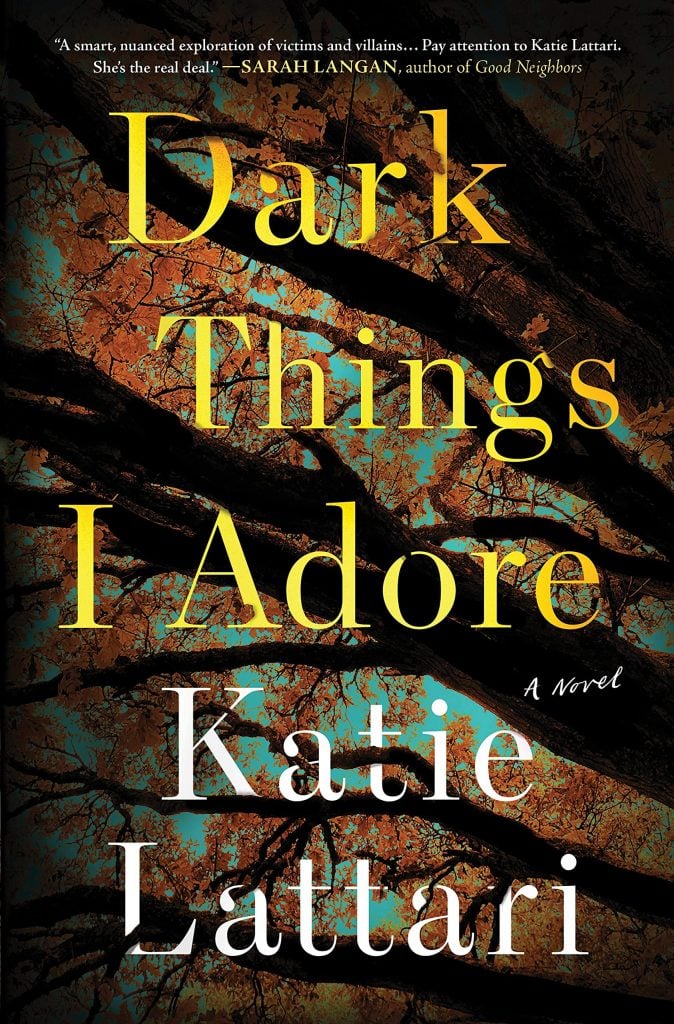
Dark Things I Adore by Katie Lattari. Courtesy of Source Books.
This suspenseful novel starts out at an art school in 2018, with a talented young student setting up a studio visit in Maine with her mentor, a professor who didn’t quite make good on his early artistic promise but still commands a certain amount of respect. The narrative is soon complicated by flashbacks to the events of 30 years earlier at a Maine artist colony and a slowly unraveling mystery takes a dark turn thanks to one of the character’s long-simmering desire for revenge.
Find it at: Sourcebooks
—Sarah Cascone
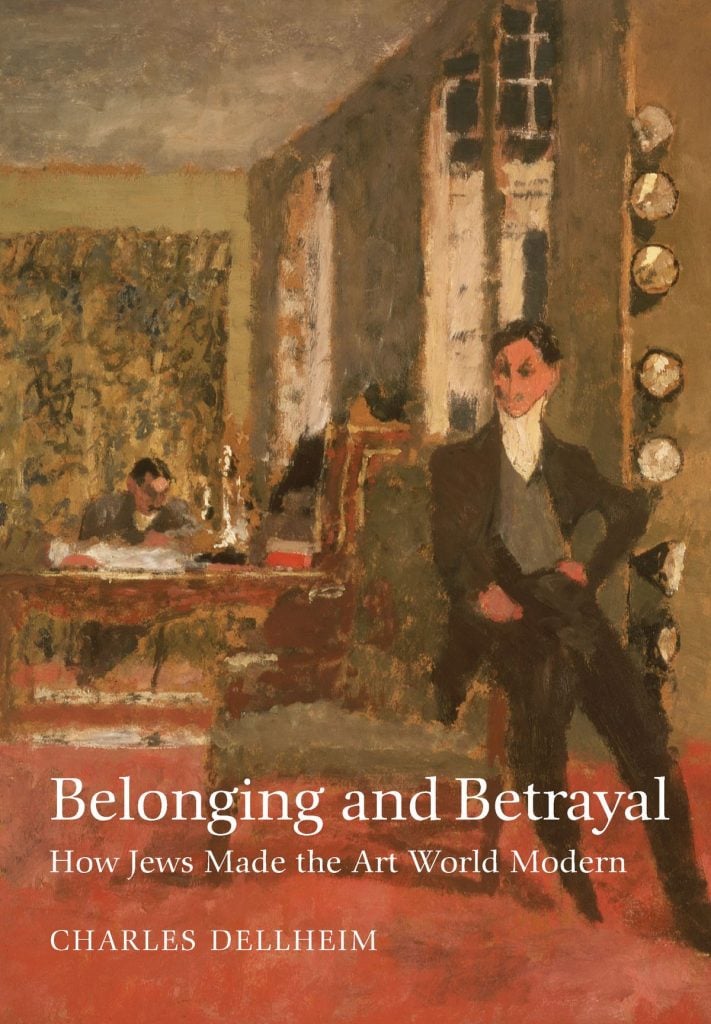
Belonging and Betrayal: How Jews Made the Art World Modern by Charles Dellheim. Courtesy of Brandeis University Press.
As restitution cases related to artworks looted or sold under duress to Nazis in the 1930s and ‘40s continue to make their way through the courts, Charles Dellheim investigates the unanswered question of how so many Jews came to own such important works of art in the first place, despite being an outsider group.
Find it at: Brandeis University Press
—Sarah Cascone
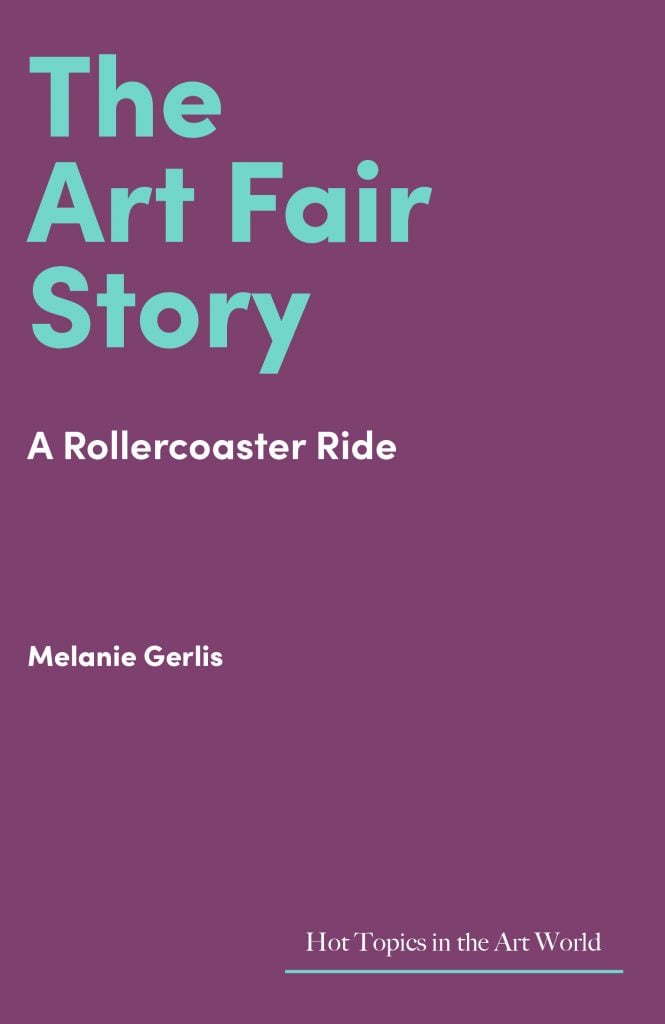
Melanie Gerlis, The Art Fair Story (2021).
Seasoned art market reporter and Financial Times columnist Melanie Gerlis has done a deep dive into the art fair, the trade shows that have been going on for half a century and are now part of the fabric of the art industry. In a scintillating read, Gerlis charts the rise of these platforms from their postwar origins to the globalized mega-events they have become today—and raises important questions about their uncertain future in a transformed world.
Find it at: Lund Humphries
—Naomi Rea
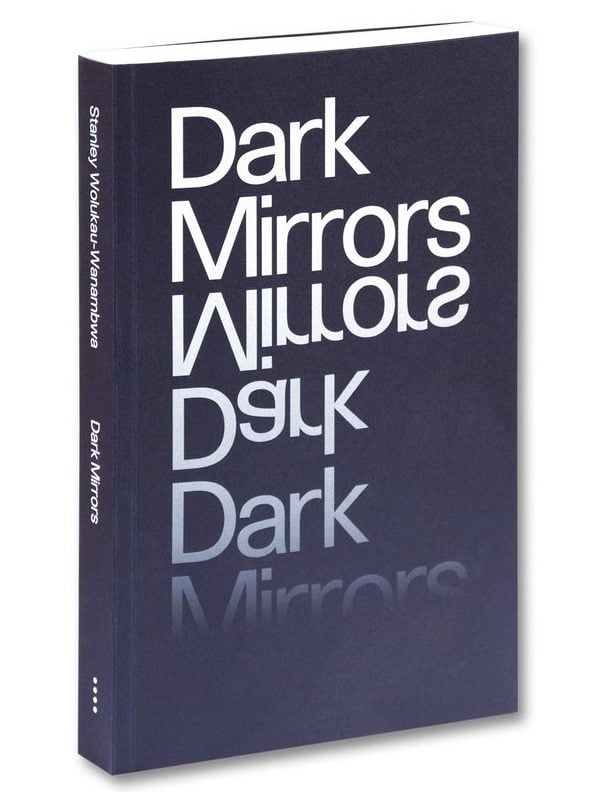
Stanley Wolukau-Wanambwa’s Dark Mirrors (2021). Courtesy of MACK.
Wolukau-Wanambwa covers a great deal of ground in the 16 contemplative essays of Dark Mirrors, touching on the practices of image-makers like Deana Lawson, Arthur Jafa, Rosalind Fox Solomon, and Paul Pfeiffer along the way. If there’s anything that unites them all it’s an interest in the shifting ways images shape contemporary dialectics—especially around race—and how artists observe, probe, and unpack that process.
Find it at: MACK Books
—Taylor Dafoe
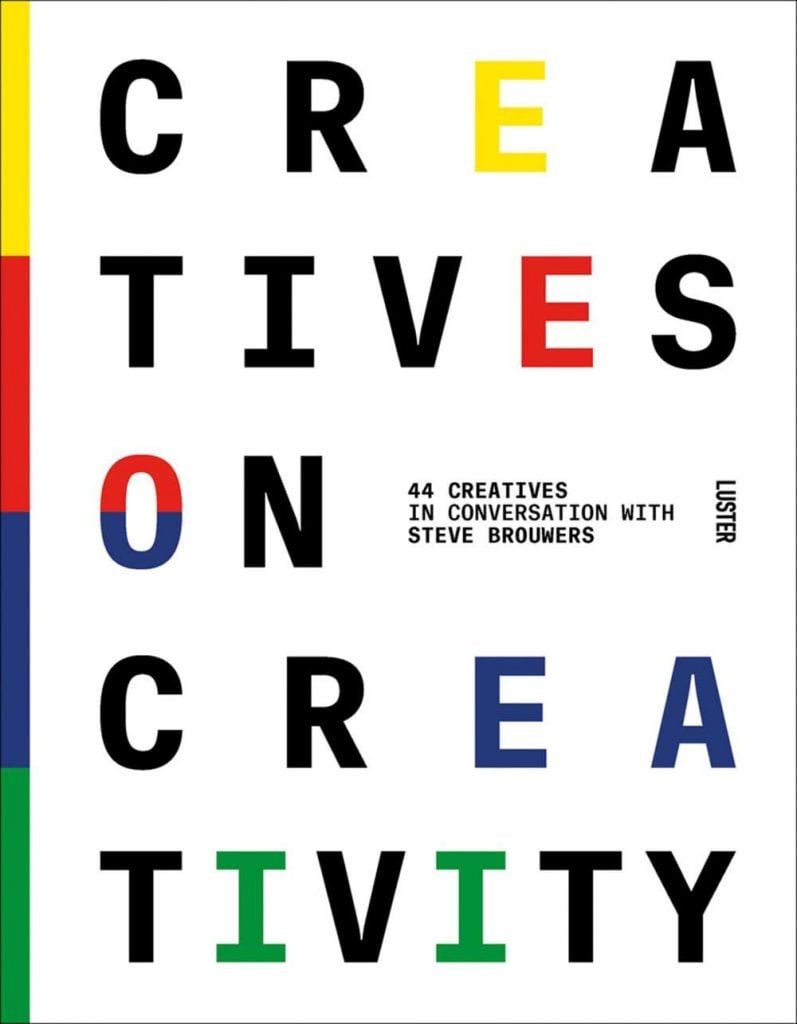
Creatives on Creativity by Steve Brouwers. Courtesy of ACC Art Books.
Steve Brouwers, a Belgian creative director, presents a series of interviews with 44 successful makers of all stripes—including Magnum photographer Harry Gruyaert, artist Ryan Gander, and illustrator Maira Kalman—sharing their thoughts on the creative process and their inspirations, fears, and failures.
Find it at: ACC Art Books
—Sarah Cascone
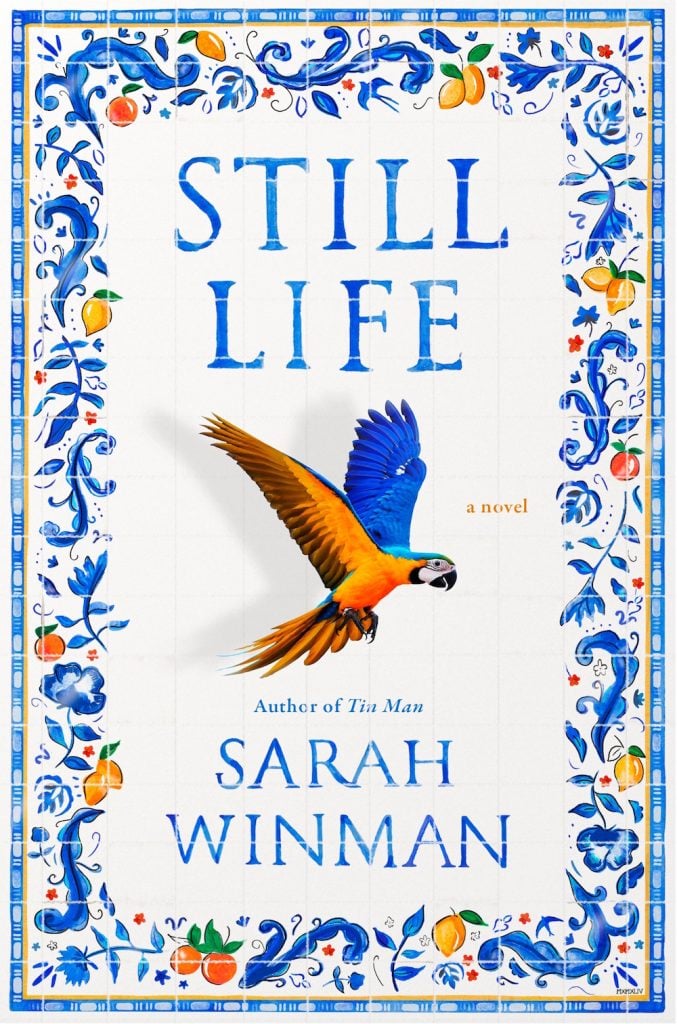
Image courtesy Putnam Publishers.
This art-centric piece of historical fiction spans four decades, kicking off in Tuscany in 1944 as Allied troops are advancing. Ulysses Temper is a young English solider who accidentally meets Evelyn Skinner, an older art historian who is in the country to try to salvage an important painting. Their initial spark of connection touches off a course of events that shapes Ulysses’s life for the next 40 years, including an unexpected inheritance that prompts his return to the hills of Tuscany. Winman has garnered much-deserved praise for her sweeping poetic prose in a rich narrative that weaves together love, war, art, the ghost of E.M. Forster, and an epic flood.
Find it at: Penguin Random House
—Eileen Kinsella
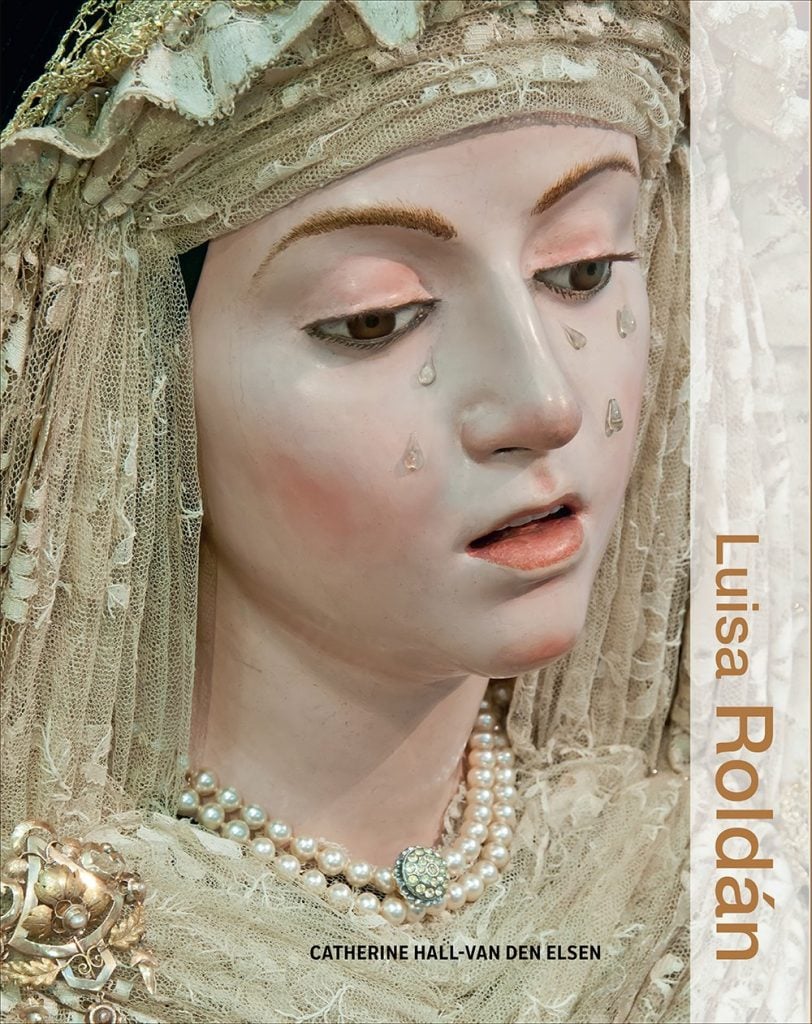
Catherine Hall-van den Elsen, Luisa Roldán. Courtesy of Getty Books.
The first book in the new series “Illuminating Women Artists” is dedicated to the Spanish Baroque artist Luisa Roldán (1652–1706), known as La Roldana. (A second, about Artsemisia Gentileschi, is due out in February.) In addition to highlighting her considerable skill in sculpting polychrome wood and terracotta sculptures, Catherine Hall-van den Elsen delves into 17th-century Spanish society, painting a picture of what life would have been like for a woman of the era, and the challenges faced by women artists in particular.
Find it at: The Getty Shop
—Sarah Cascone
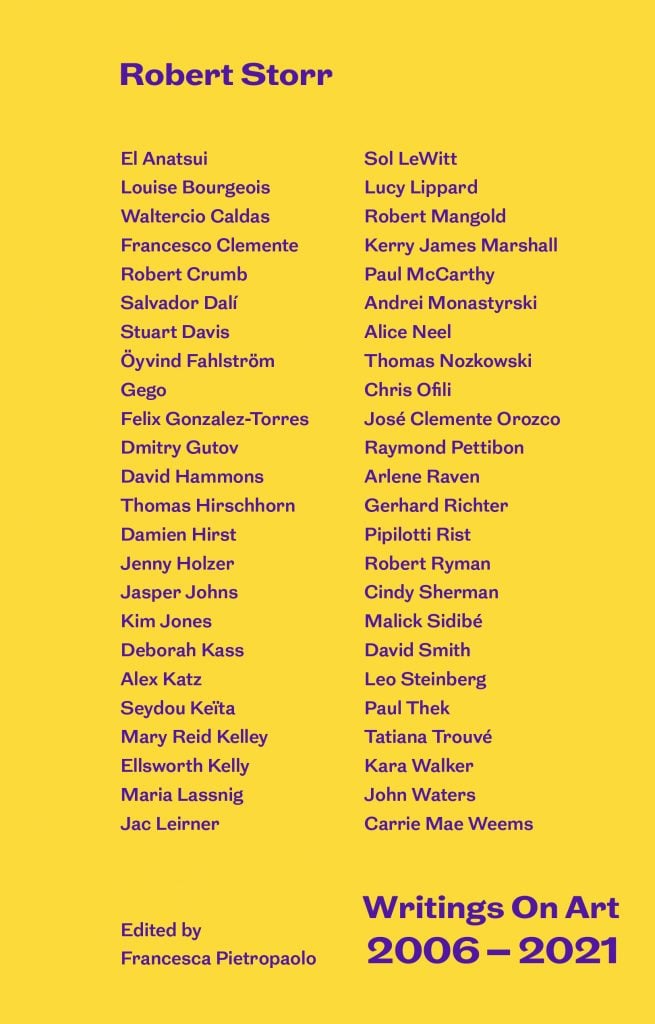
Writings on Art 2006-2021 by Robert Storr. Courtesy HENI Publishing.
This new compilation of writing, published last month, pulls together 51 of Storr’s most captivating articles, essays, and other texts from the past 15 years. The esteemed critic writes passionately and intelligently about 45 international artists, including El Anatsui, Francesco Clemente, and David Hammons—sometimes in texts published in English for the first time. The book is the follow-up to Storr’s essential volume one, titled Writings on Art 1980-2005, which was also edited by Francesca Pietropaolo.
Find it at: HENI Publishing.
—Kate Brown
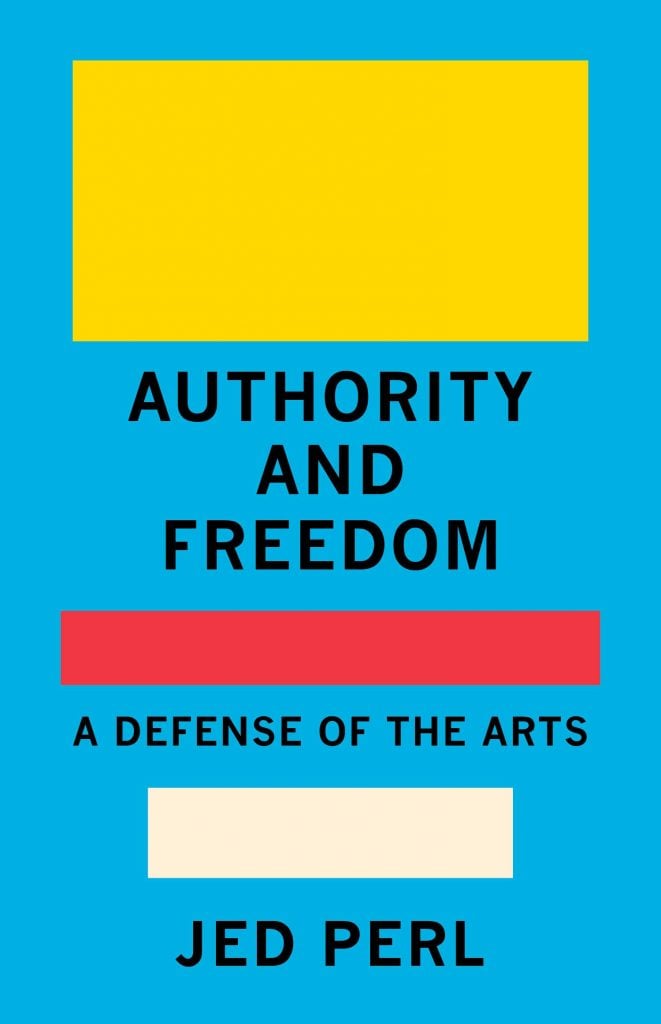
Authority and Freedom: A Defense of the Arts by Jed Perl (2022), Courtesy of Penguin Random House.
This forthcoming book is written by former New Republic art critic Jed Perl, who is the author of eight books, including a two-volume biography of Alexander Calder. Perl’s new tome tackles, in the words of Guillaume Apollinaire, a “long quarrel between tradition and invention.” Analyzing the work and lives of creative geniuses in a variety of disciples—from Mozart and Michelangelo to Picasso and Aretha Franklin—Perl argues that authority and freedom are the “lifeblood of the arts.”
Find it at: Penguin Random House
—Katya Kazakina
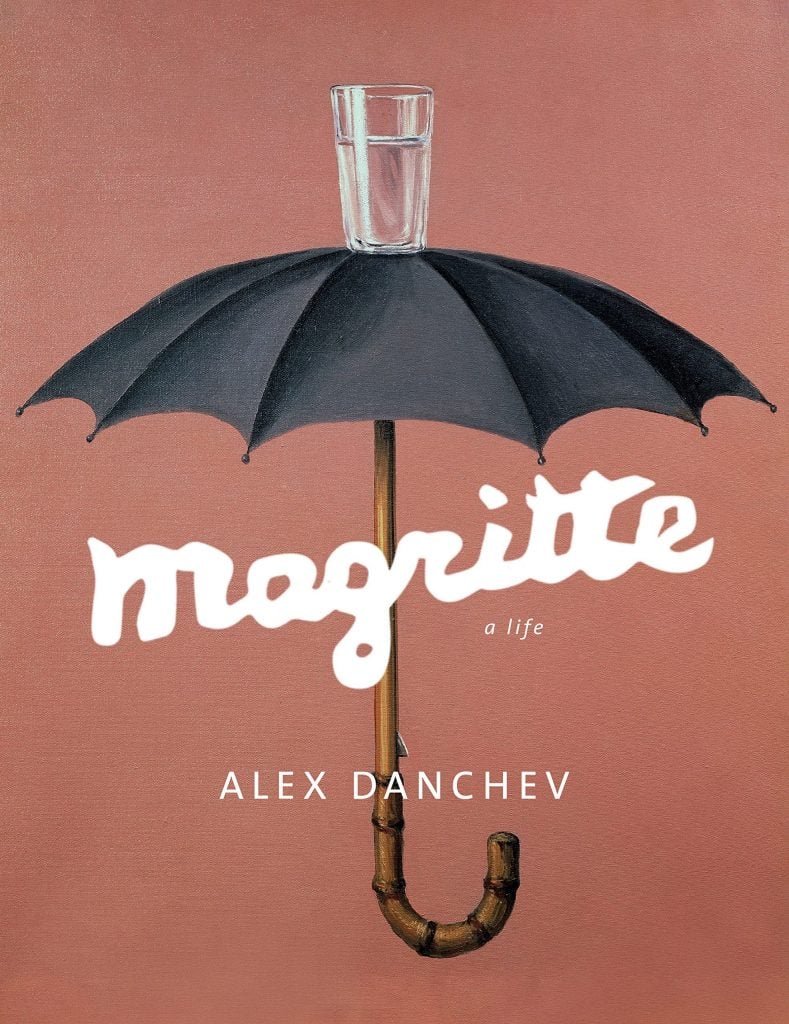
Magritte: A Life by Alex Danchev. Courtesy of Penguin Random House.
Believe it or not, this is the first major biography of the renowned Surrealist René Magritte. Author Alex Danchev argues that the Belgian artist is one of the most important image makers of the 20th century, having influenced such disparate figures as Jasper Johns and Beyoncé. Beyond illuminating lesser-known details of the artist’s life and career, the book includes 50 color illustrations as well as more than 160 black and white images, including legendary works as The Treachery of Images (Ceci n’est pas une pipe) and Man in a Bowler Hat.
Find it at: Penguin Random House
—Sarah Cascone
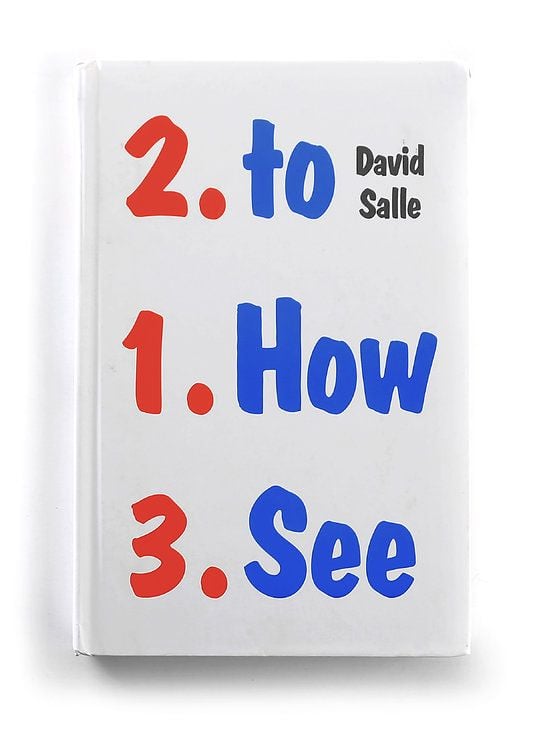
David Salle’s How to See (2016). Courtesy of W.W. Norton.
David Salle’s criticism reads like a conversation with an artist, because, well, it basically is. Each essay in the painter’s first book of critical essays (we hear another one is in the works) offers cerebral ruminations on art that can challenge your sensibilities, make you laugh out loud, and, of course, teach you how to see art as an artist does.
Find it at: W.W. Norton
—Annie Armstrong
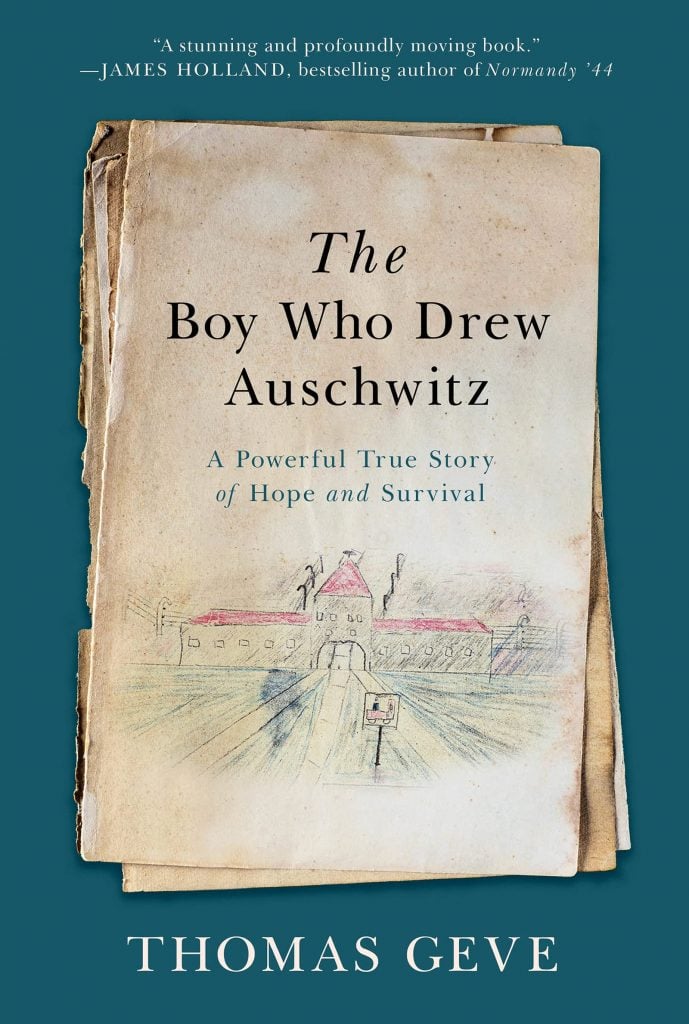
The Boy Who Drew Auschwitz: A Powerful True Story of Hope and Survival by Thomas Geve. Courtesy of Harper Collins.
For 22 months, 13-year-old Thomas Geve survived the Nazi concentration camp of Auschwitz-Birkenau. After the Allies freed the prisoners, he was initially too weak to leave. He spent his two months of recovery making over 80 drawings, 56 of which are published here with a revised version of Geve’s first-hand account of life in the camp. “These stories,” he wrote, “give voice to my comrades who did not get to see the day of liberation. My world was their world as well. My words would give their personalities and dreams, which had perished so unfairly and too soon, eternal life.”
Find it at: Harper Collins
—Sarah Cascone
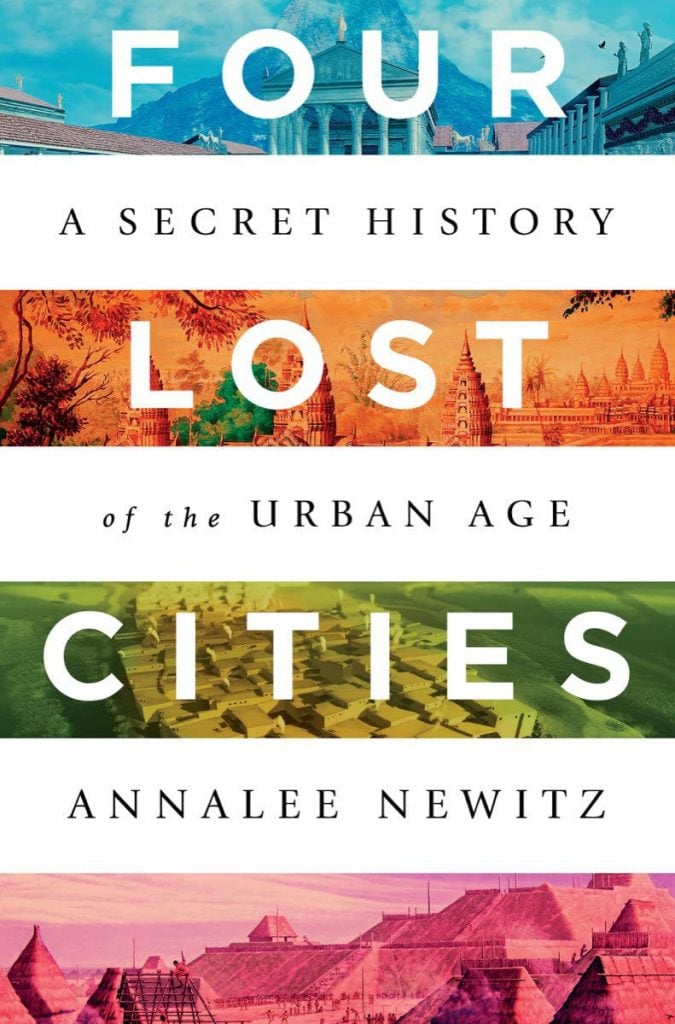
Four Lost Cities: A Secret History of the Urban Age by Annalee Newitz. Courtesy of Norton.
Archaeology fans will be fascinated to learn more about the rise and fall of four ancient cities: Rome’s Pompeii in the shadow of Mount Vesuvius; Cambodia’s stone temples at Angkor Watt; the massive mounds of Cahokia near modern-day St. Louis, and the Neolithic site of Çatalhöyük in Central Turkey. Annalee Newitz visited all four sites and was able to identify the environmental changes and political turmoil that helped lead to the demise of these once-thriving settlements—and she considers what lessons about urban life contemporary society can draw from ancient history.
Find it at: W.W. Norton
—Sarah Cascone